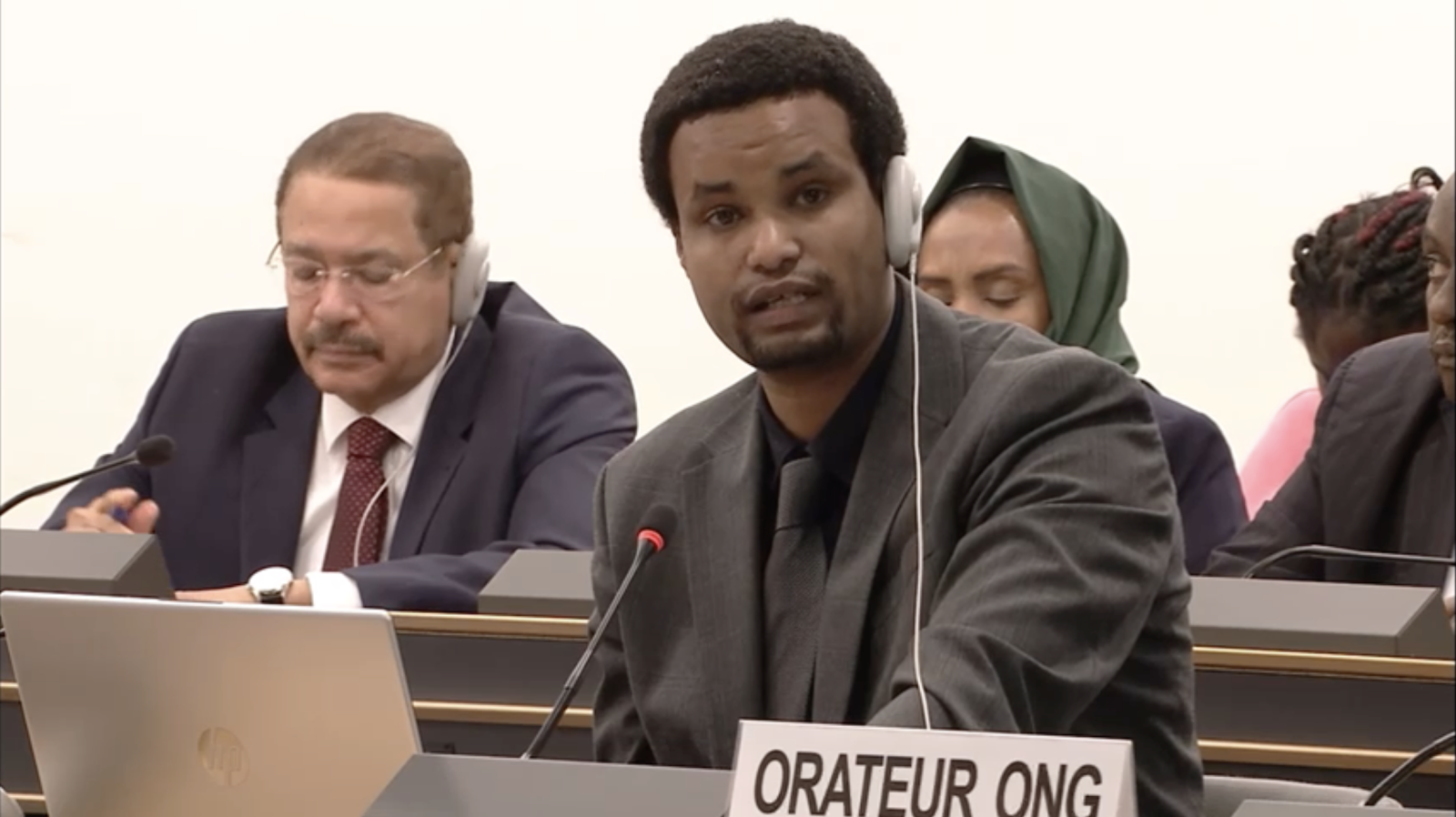Group of Independent Eminent Experts on the Implementation of the Durban Declaration and Programme of Action
Statement with the International Organisation For the Elimination of All Forms of Racial Discrimination and Geneva International Centre for Justice
Delivered by Namrata Hazarika
11 August 2022
Thank you for the recognition.
I am representing the International Organisation for the Elimination of All Forms of Racial Discrimination (EAFORD) and Geneva International Centre for Justice (GICJ).
Human right violations have heightened since the Covid-19 pandemic. The closure of borders and movement restrictions to contain the pandemic have ignored the fundamental rights of migrants. Hence, they have been disproportionally affected by the pandemic with their fundamental rights of non-discrimination and equality being compromised. This discrepancy has been particularly observed in healthcare. The living circumstances of migrants are dictated by their limited finances, making them more vulnerable to Covid-19. Additionally, migrants do not have equal access to health services, a problem accentuated by digital exclusion and language barriers.
The rise of “surveillance humanitarianism” has reflected discriminatory practices on digitalisation. For example, automated registration systems run on an algorithm that fails to recognise certain dialects, increasing linguistic security threats. Second, is the adoption of digital securities in the form of facial recognition that comes equipped with a history of mis-recognising people of colour. Lastly, governmental biometric data collection of migrants is founded on contested grounds of legitimacy. Currently, there exists no integrated regulatory global governance framework for the use of digital technologies. Hence, the responsibility to maintain and respect international human rights legal obligations in the regulation of the design and use of such technologies is negligible.
EAFORD and GICJ urge member states to deliberate on and implement a regulatory framework to govern the concept of equitable healthcare, particularly under the pretext of a global pandemic. We condemn technology that cannot meet the standards set by the international human rights legal frameworks prohibiting racial discrimination. Finally, we would like to stress the importance of transparency and accountability in the said context; two qualities enshrined and endorsed for the implementation of the provisions of the DDPA. To maintain them, we emphasise the need for public-private partnerships in the use of digital border technologies so that government accountability is maintained.
Thank you.









